Situational comedies, or sitcoms, were first developed for the radio, but have currently taken over a massive market share in the TV broadcasting arena. Nearly all of them revolve around a simple, overarching narrative — a group of friends living together, the dynamics of a family in the suburbs, or even simply workplace antics.
One of the main reasons for the enduring popularity of this genre is that, while it does subvert expectation on several occasions, it tends to rely on a fixed set of universal messages. In other words, sitcoms mostly use real-life scenarios and/or stereotypes to form the basis for their humor. While tropes can be over-the-top, they are helpful in anchoring the storyline.
Office Olympics
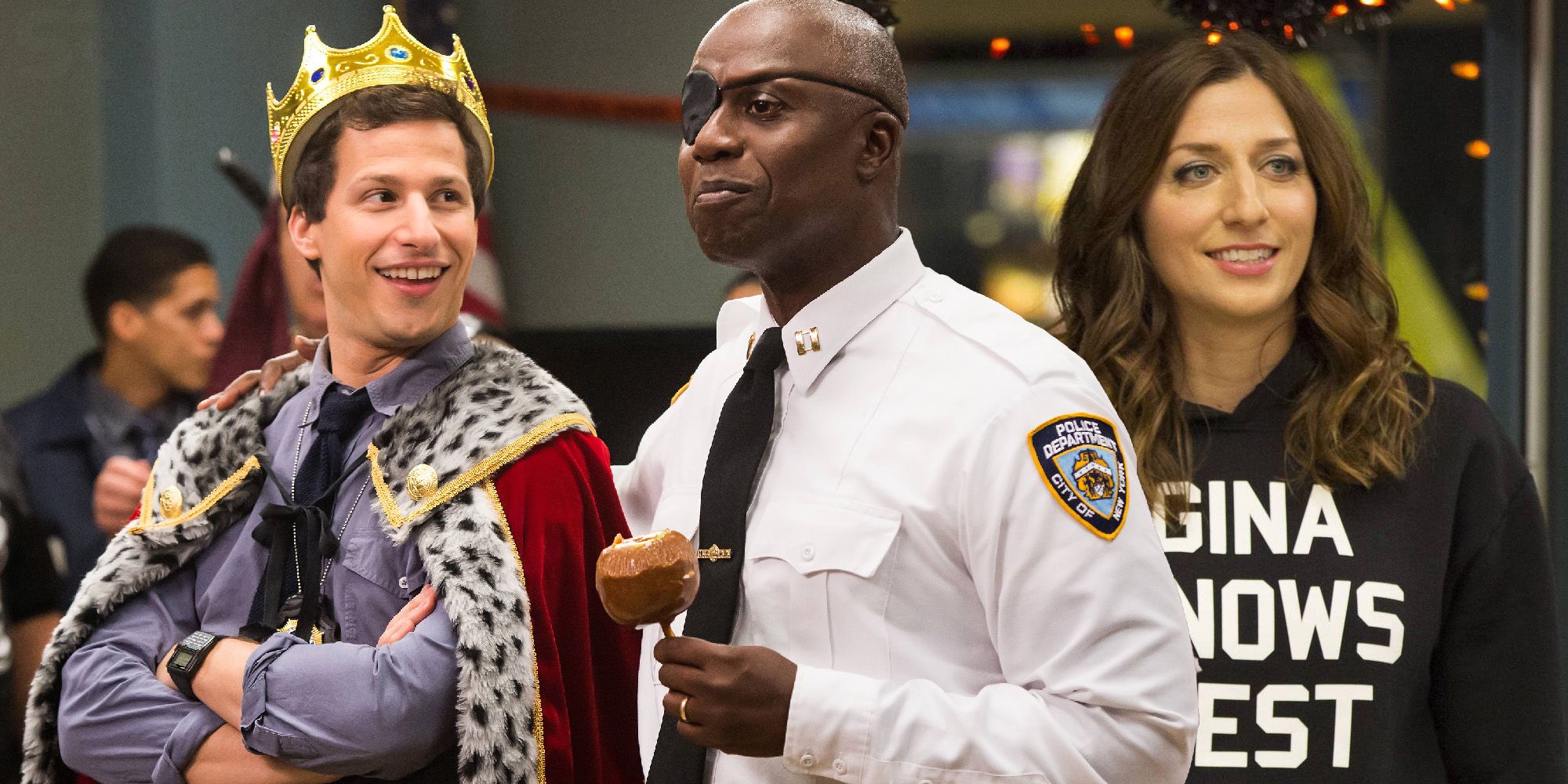
The Office Olympics trope describes the vaguely sports-themed shenanigans that often occur in a sitcom work environment. Given the lack of actual gaming material in the office, characters resort to improvisation — usually with reams of paper, stationery, chairs, notepads, and so on.
Recurring examples are the Halloween Heists and the Jimmy Jab Games on Brooklyn Nine-Nine, or the college-wide nonsense competitions hosted by Community‘s Troy & Abed. Most of them are way too fun for audiences to complain about.
Sneaking Out / Back Home After Lights Out
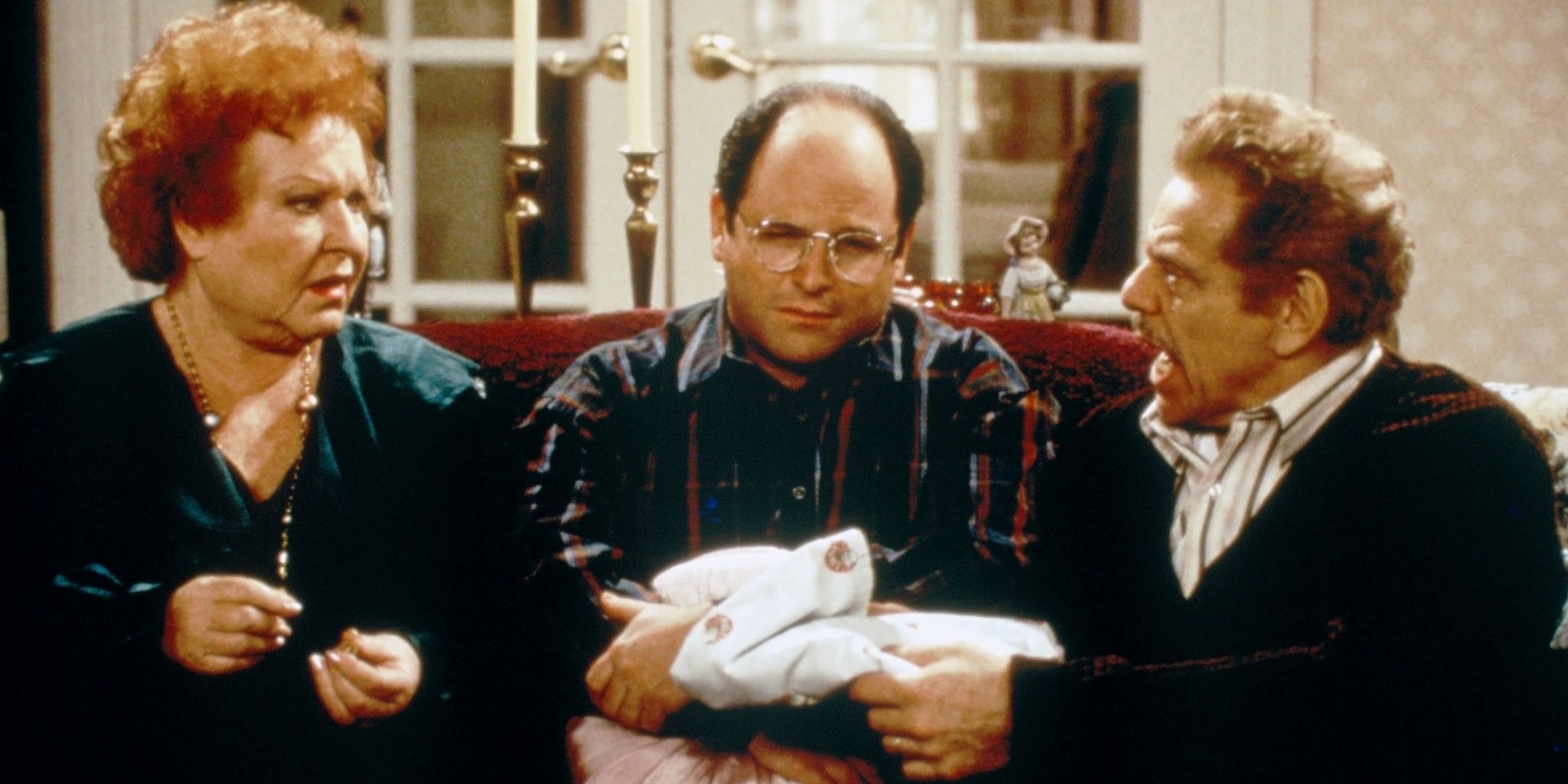
This one usually only applies to teenagers (or adults living at home with their parents, a huge taboo, apparently.) George Costanza on Seinfeld experiences the latter when he stays with his parents due to losing his job, despite the fact that he’s an adult man.
Similarly, Nancy Wheeler in Stranger Things is accosted by her mom after she comes back extremely late on a school night. This pattern is quite common across all of cinema, as well, so it’s a wonder it hasn’t been worn out already.
The Awkward Father

Interestingly, the Awkward (or Bumbling) Dad is a twist on the strict but loving dad common in TV series from the 1950s & ’60s. This character can be intelligent, but not to the point of overshadowing the general aura of ineptitude that they must constantly emit.
The origins are unclear, but it’s certain that Homer Simpson and Gomez Addams have had a major role to play in the development of this trope. Hal Wilkerson from Malcolm in the Middle and Phil Dunphy from Modern Family are perfect representations — as clumsy as they are charming.
The Passing Of A Pet
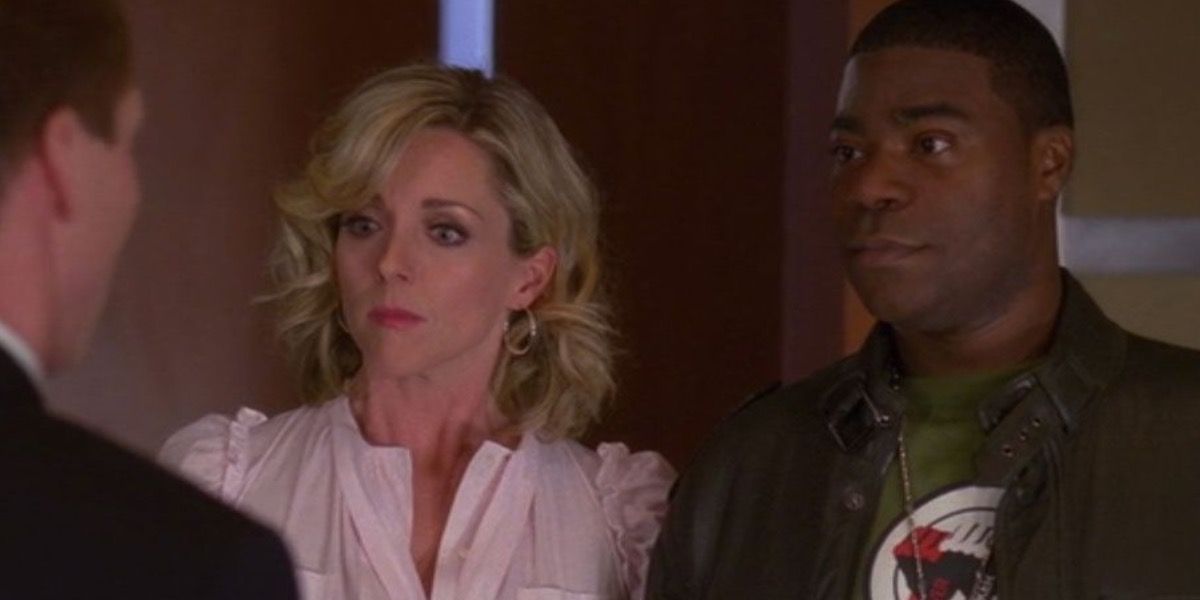
It seems that sitcoms often involve plots in which characters’ pets die. This could be because they allow an incompetent friend to take care of their beloved birds (Kenneth Parcell in 30 Rock), accidentally murder a loved one’s hamster (Drake & Josh), or when someone advertently kills someone else’s pet for an incomprehensible reason (Dwight Schrute in The Office).
In extreme cases, the character might try to bring the dead animal back to life (Stan Smith in American Dad!). The pets in question range from cats and dogs to goldfish and monkeys: there really is no limit.
The Doomed Teenage Party
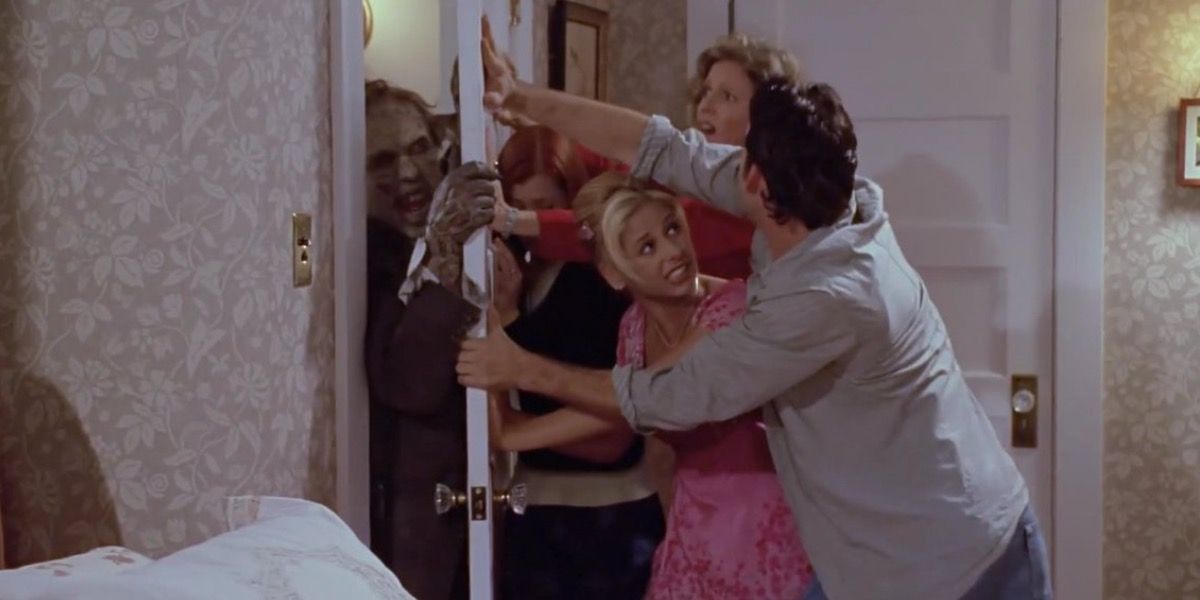
As far as popular culture goes — when the parents are away, the teens will play. These parties are not formal black-tie get-togethers as much as they are raging hormones forming an unholy blend with cacophonous music and copious amounts of booze. In almost every situation, the kids get in trouble, but whether they manage to avoid being punished entirely depends on the specific show.
Buffy the Vampire Slayer is unique in that the festivities are interrupted by a zombie invasion, but nearly all other instances involve furious parents. More importantly, though, it is the speed of cleaning prior to the imminent arrival of the adult(s) that warrants a serious suspension of disbelief.
Underpriced Apartments
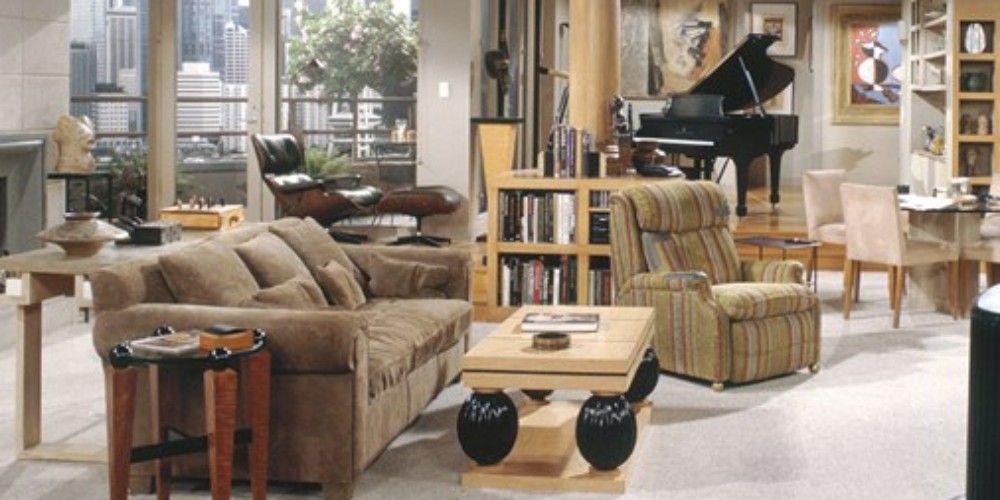
Characters who live in large cities, such as NYC, LA, Chicago, and so on, usually have the most stunning apartments: a fact that somehow doesn’t align with their line of work. Frasier Crane’s gorgeous home in the middle of Seattle is expensive enough for someone on a radio psychiatrist’s salary, but his furniture alone is worth hundreds of thousands of dollars (Eames chairs, Corbu lamps, and Coco Chanel sofa-replicas.)
Friends is the main reason this trope was invented in the first place, because Monica’s apartment in Manhattan is not as affordable as depicted, regardless of her ambiguous explanations. In any case, shooting sitcoms in tiny spaces is a logistical nightmare.
People Never Change
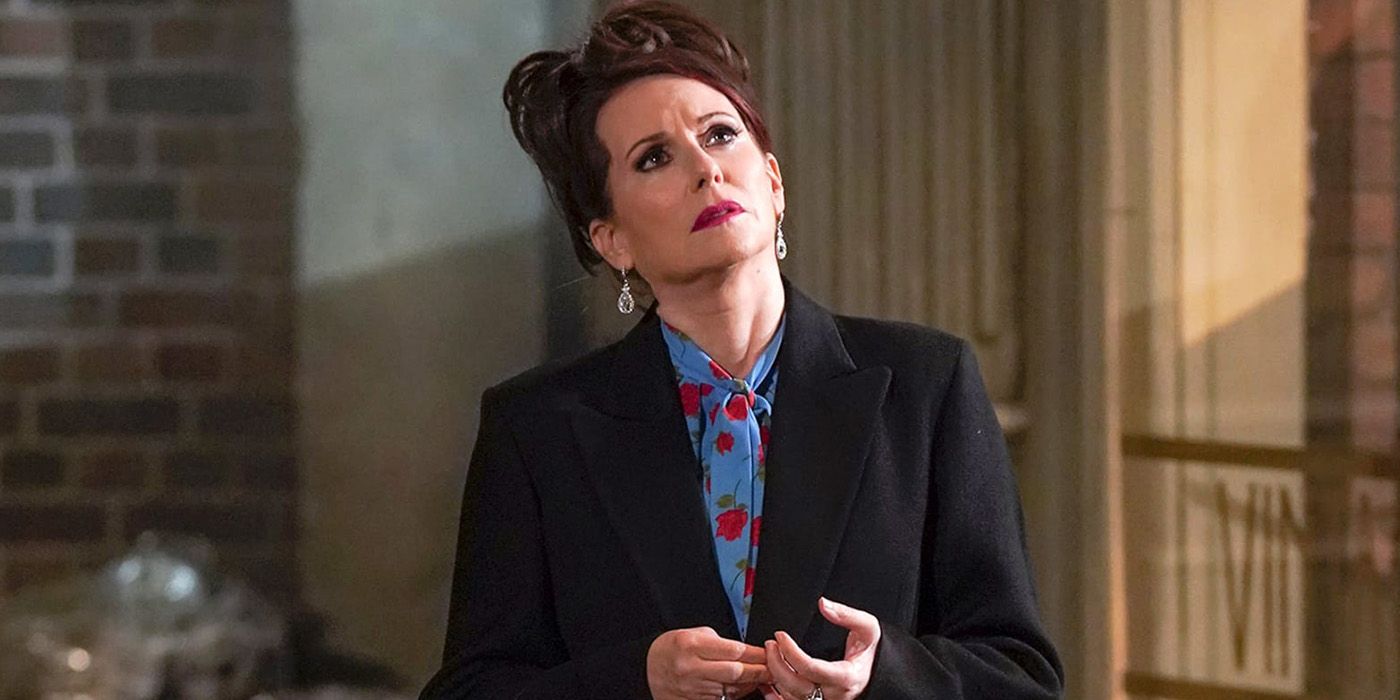
Several characters are given a single feature that tends to define them — Ehrlich Bachmann (Silicon Valley) is a self-absorbed nitwit, Karen Walker (Will & Grace) is an unpleasant woman with an alcohol problem, Niles Crane (Frasier) is full of himself, and Pierce Hawthorne (Community) is a vulgar bigot.
They are, on rare occasions, given a storyline in which they can come to terms with the faults in their personality, perhaps even move past them. Their epiphanies, unfortunately, usually last until the end of the episode, after which they’re right back where they started. Then again: compassionate, sweet, humble, and open-minded characters do not usually make for funny sitcoms.
Not Paying The Bill On Time
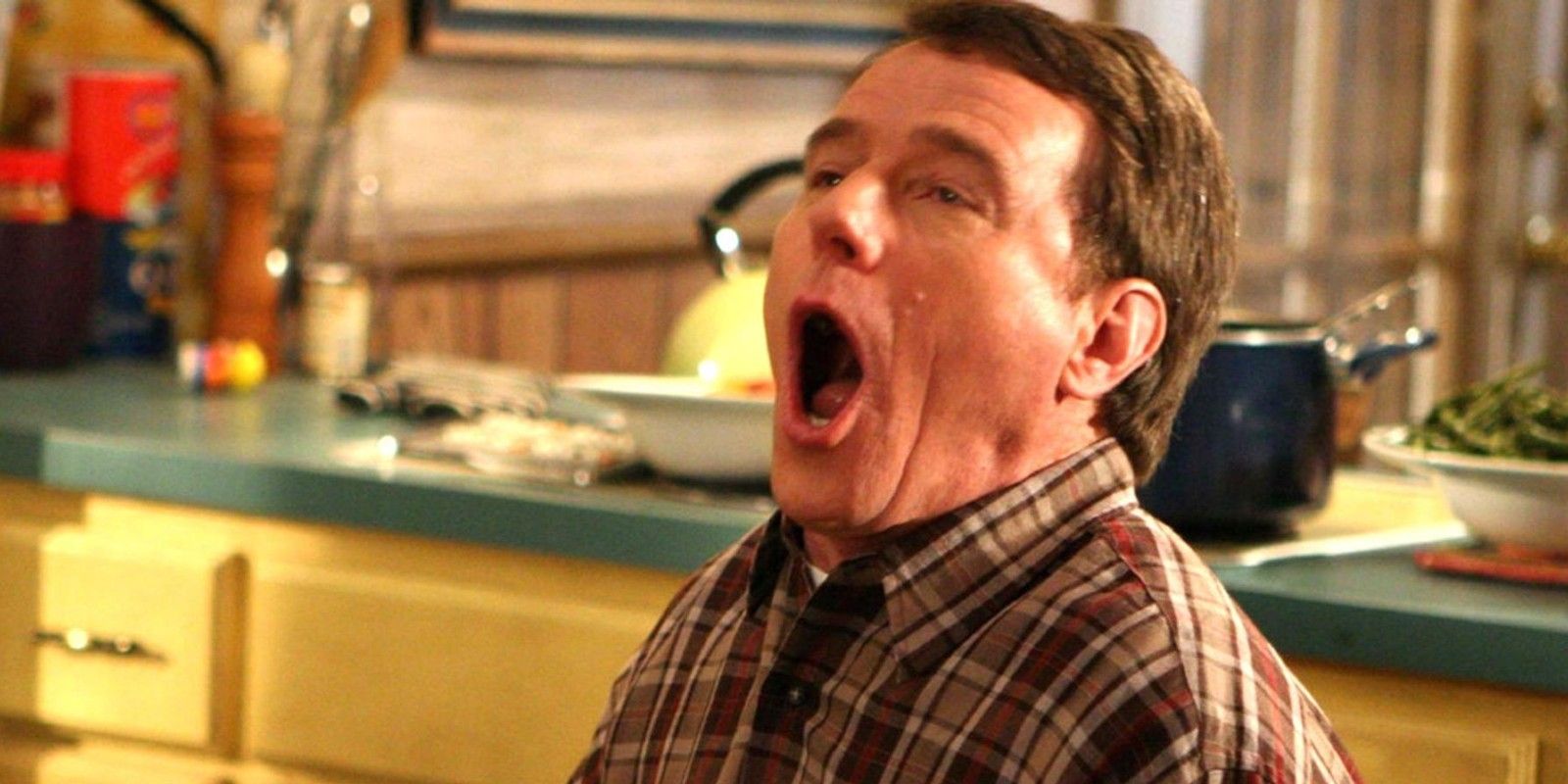
Nearly everyone has forgotten to pay one bill or another at some point in their lives, with most people having done so multiple times. As such, this trope is rather relatable, because it helps the audience connect with their characters, while simultaneously helping them realize that everyone is a bit absent-minded at times.
One particularly hilarious example takes place in Malcolm in the Middle, when Hal angrily scolds his children for not returning a rented DVD on time, at which point the house’s electricity is cut, implying that their dad doesn’t practice what he preaches.
The Nemesis
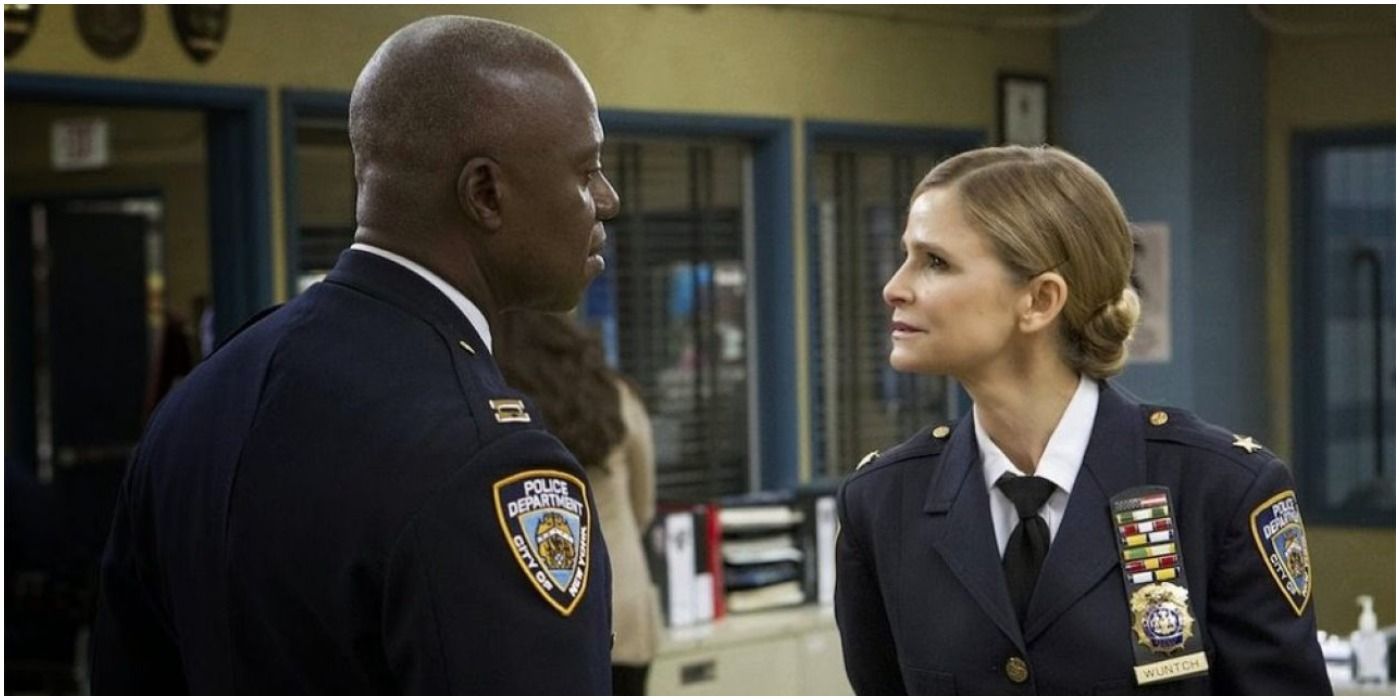
There are numerous nemeses for numerous sitcom characters: the former are almost always in a side role, which makes their interactions with the protagonist(s) all that more exciting. One of the most memorable cases is that of Newman on Seinfeld, a slimy postal worker who makes an excellent foil for Jerry.
Frasier finds a new neighbor, Cam Winston, to bicker with, while Madeline Wuntch inflames Captain Holt every time she enters the 99th precinct in Brooklyn Nine-Nine. Having a nemesis just means there’s that much more potential for hijinks.
Who Needs To Work?

In sitcoms that don’t revolve around a workspace, it makes little sense that characters are home all the time, or are able to randomly ditch the office to take part in whatever adventure is being planned. There is no way they can have so much free time available, especially if they work a desk job.
30 Rock‘s Jack Donaghy is always present in and around the NBC writer’s room, in spite of his role as one of the highest-ranked executives at General Electric. Similarly, high-flying lawyer Miranda Hobbes from Sex and the City doesn’t appear to have the demanding career she claims.




